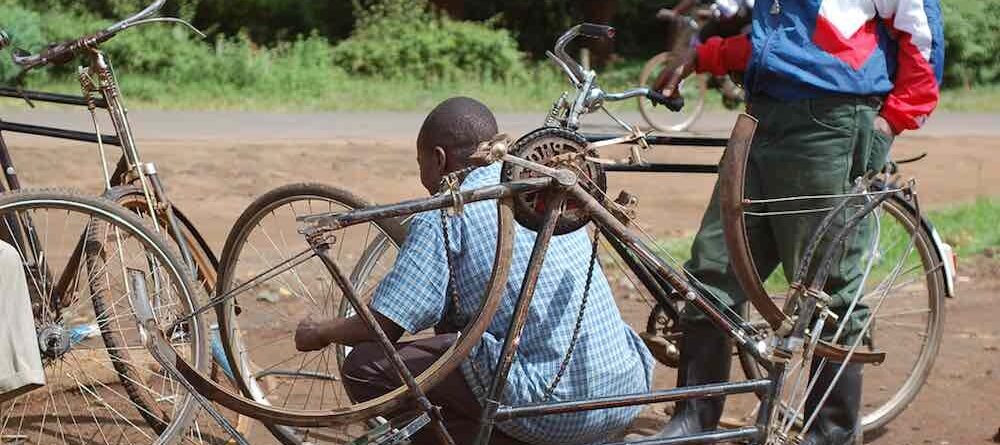Kenya. Jua kali workers to receive formal certification under proposed law
Kenyan artisans working in the informal sector, popularly known as jua kali, could soon receive formal recognition for their skills, following a proposed law which seeks to establish a structured system for assessing and certifying their expertise.
If passed, the Bill would make it mandatory for the National Industrial Training Authority (NITA) to create a system for assessing individuals who have acquired skills through non-formal, informal, or experiential learning methods.
Kisumu Central MP Joshua Oron introduced the Bill known as the Industrial Training (Amendment) Bill, 2024, which mandates that NITA set up procedures for the recognition of prior learning.
According to the proposed law, NITA will be responsible for “establishing a system and structure that assesses and certifies a person who has acquired skills through informal, non-formal or experiential training or education in any vocational trade or craft”.
The Bill aims to provide an official avenue for individuals, particularly those in the jua kali sector, to receive acknowledgement for the knowledge and skills they have gained outside of traditional academic environments.
“The objective of the Bill is to recognise prior learning as a framework that acknowledges the skills, knowledge, performance outcomes, and learning achieved through informal and non-formal learning pathways,” Oron said in the Bill’s memo.
The proposal comes as Kenya’s informal sector remains a key driver of the economy, accounting for nearly 80 per cent of the country’s labour force, according to state statistics.
Many of these workers, particularly those involved in textiles, automotive mechanics, building, and construction, possess valuable skills but lack the formal certifications typically awarded through traditional education.
In recent years, the government has made strides in addressing this gap.
Last year, it piloted a policy to certify skills in sectors such as textiles, welding, motor mechanics, beauty, and masonry.
This initiative was part of a broader effort by the Technical Vocational Education Authority (TVETA) to recognise and formalise informal sector skills.
The new recognition of prior learning (RPL) policy, officially launched in March 2024, has already helped 600 Kenyans achieve partial or full certification for their skills.
The Kenya National Qualifications Authority (KNQA) has also embraced the RPL programme, with acting KNQA Director Alice Kande stating that it “paves the way for a standardised process of identifying, documenting, assessing, and certifying skills and competencies that are acquired informally and non-formally.”
Oron’s proposed law aims to provide legal backing for these efforts, offering a framework that would allow artisans, who often gain their expertise through hands-on experience rather than formal schooling, to apply for official recognition of their work.
Read more @eastleighvoice











